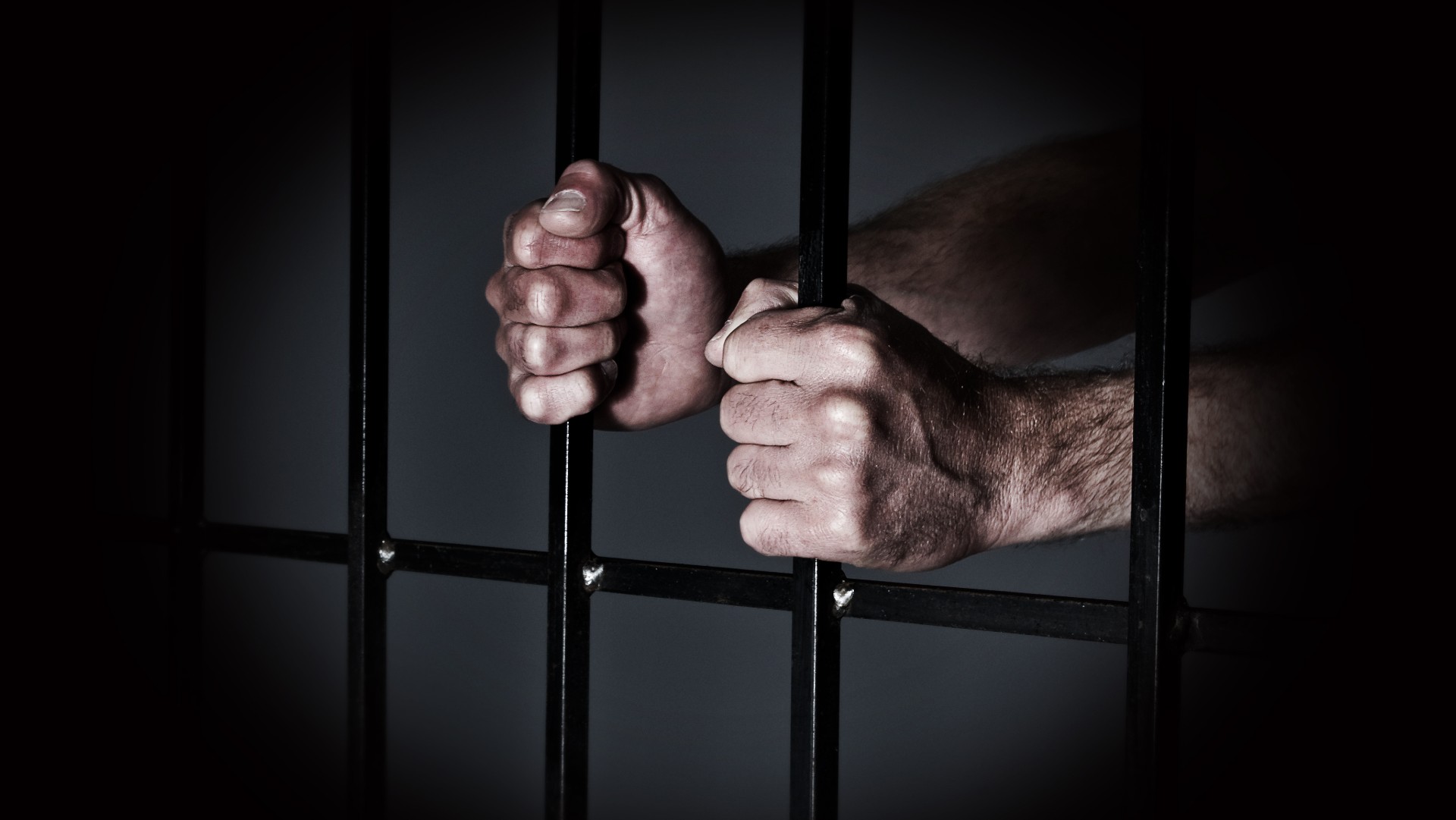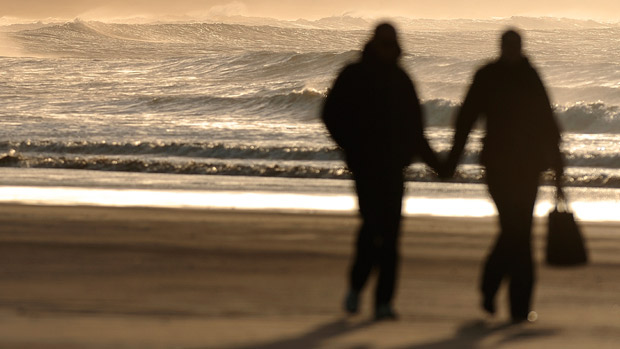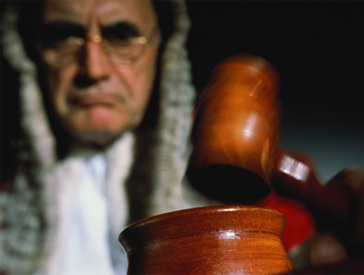Pros and cons of the European Court of Human Rights
Court protects freedoms but has been accused of eroding national sovereignty

A free daily email with the biggest news stories of the day – and the best features from TheWeek.com
You are now subscribed
Your newsletter sign-up was successful
The decision by the European Court of Human Rights (ECHR) to block the UK from sending asylum seekers to Rwanda has reignited debate about whether Britain should remain a signatory.
Established in 1959 by the Council of Europe, the court is the international body that interprets the European Convention on Human Rights.
Supporters say the ECHR safeguards important freedoms, but amid anger over the Rwanda deportations ruling, critics accuse the court of eroding national sovereignty and hindering efforts to deal with foreign criminals.
The Week
Escape your echo chamber. Get the facts behind the news, plus analysis from multiple perspectives.

Sign up for The Week's Free Newsletters
From our morning news briefing to a weekly Good News Newsletter, get the best of The Week delivered directly to your inbox.
From our morning news briefing to a weekly Good News Newsletter, get the best of The Week delivered directly to your inbox.
1. Pro – protects freedom
Supporters say the ECHR plays a key role in protecting important freedoms and rights for people in all 47 member states of the Council of Europe, which was founded in 1949 to uphold democracy and the rule of law.
The court “guarantees specific rights and freedoms and prohibits unfair and harmful practices” as set out in the European Convention on Human Rights, including freedom from torture and slavery, freedom of expression and more, according to the Equality and Human Rights Commission. These issues “go to the heart of our identity, and stir strong emotions”, said The Law Society Gazette.
2. Con – erodes sovereignty
Critics argue that the ECHR is an erosion of national sovereignty. Many point to the court’s ruling on prisoner voting and to the cases of Islamist clerics such as Abu Hamza and Abu Qatada, who were charged with terrorism offences abroad but avoided extradition from the UK for long periods due to legal battles with the ECHR.
With migration an increasingly intractable issue, some have argued that the ECHR only complicates matters. In 2016, then home secretary Theresa May argued that severing ties would give British courts greater powers to deport foreign criminals.
A free daily email with the biggest news stories of the day – and the best features from TheWeek.com
3. Pro – limits on powers
Supporters of the ECHR deny that its powers are as great as some critics claim. Various backers have said that British courts are not required to “blindly” follow the judgments of the European court, but rather need only “take account" of them.
“Even if a judge thinks that a law made by Parliament breaches our human rights he cannot overturn it,” said independent human rights group Liberty. “Our MPs still have the final say.”
4. Con – obstructs trade
Then foreign Secretary Dominic Raab claimed last year that adherence to the ECHR could lead to economic damage for Britain.
Raab argued that only trading with countries that meet European Convention on Human Rights standards would mean the UK missing out on trade with future “growth markets”. In a leaked video call heard by HuffPost, the minister told Foreign, Commonwealth and Development Office (FCDO) staff that “I squarely believe we ought to be trading liberally around the world”.
5. Pro – potential dangers of leaving
Supporters of the ECHR say that withdrawing would be as unpredictable and risky as the decision to leave the EU. “It is a testament to how much of an outlier the UK would become if it withdrew from the court’s jurisdiction that we don’t really know what the legal and political effects would be,” said Adam Wagner, a barrister and the editor of UK Human Rights Blog.
6. Con – distant interpretations
Critics believe that a lot of the Strasbourg-based court’s rulings come down to interpretation and argue that with the judges sitting so far from the UK, that poses problems.
In an article on CapX, Conservative peer Daniel Hannan, then an MEP, said that ECHR judges “frequently rule on the basis of what they think the law ought to say rather than what it says”. He added that “the more remote the interpretation of rights becomes, the harder it is to do anything about it when that interpretation loses contact with the plain meaning of the words”.
-
 Local elections 2026: where are they and who is expected to win?
Local elections 2026: where are they and who is expected to win?The Explainer Labour is braced for heavy losses and U-turn on postponing some council elections hasn’t helped the party’s prospects
-
 6 of the world’s most accessible destinations
6 of the world’s most accessible destinationsThe Week Recommends Experience all of Berlin, Singapore and Sydney
-
 How the FCC’s ‘equal time’ rule works
How the FCC’s ‘equal time’ rule worksIn the Spotlight The law is at the heart of the Colbert-CBS conflict
-
 Whole-life sentences: when life in prison actually means life
Whole-life sentences: when life in prison actually means lifefeature Lucy Letby becomes only fourth woman in UK to receive country’s harshest penal punishment
-
 Incest 'a fundamental right', says German Ethics Council
Incest 'a fundamental right', says German Ethics CouncilIn Depth Advisory group says practice should be decriminalised as it isn't up to the courts to uphold social taboos
-
 Whole-life prison tariffs upheld for most brutal murderers
Whole-life prison tariffs upheld for most brutal murderersSpeed Read Sentencing for Lee Rigby killers can go ahead as Court of Appeal upholds ‘life means life’ terms